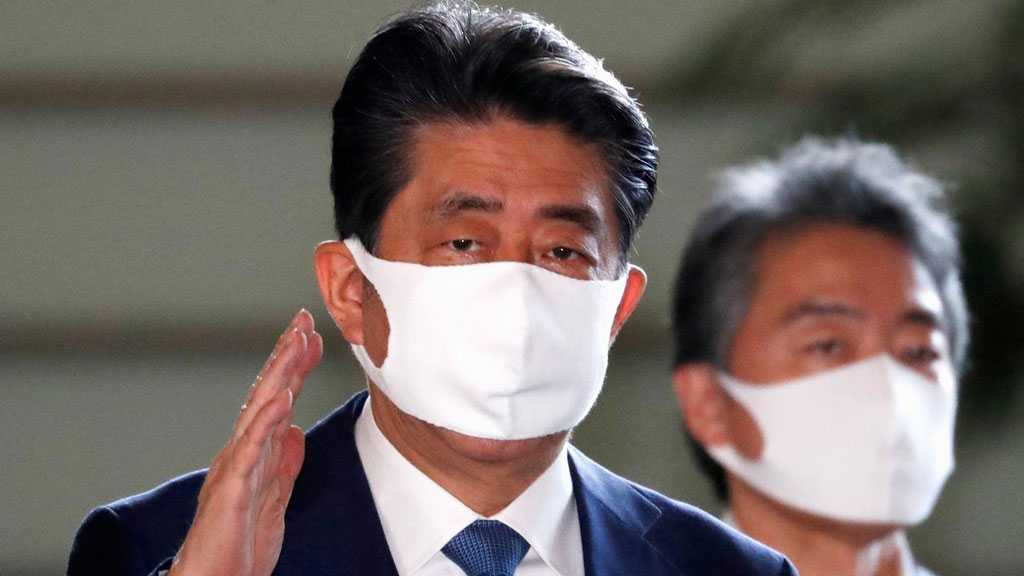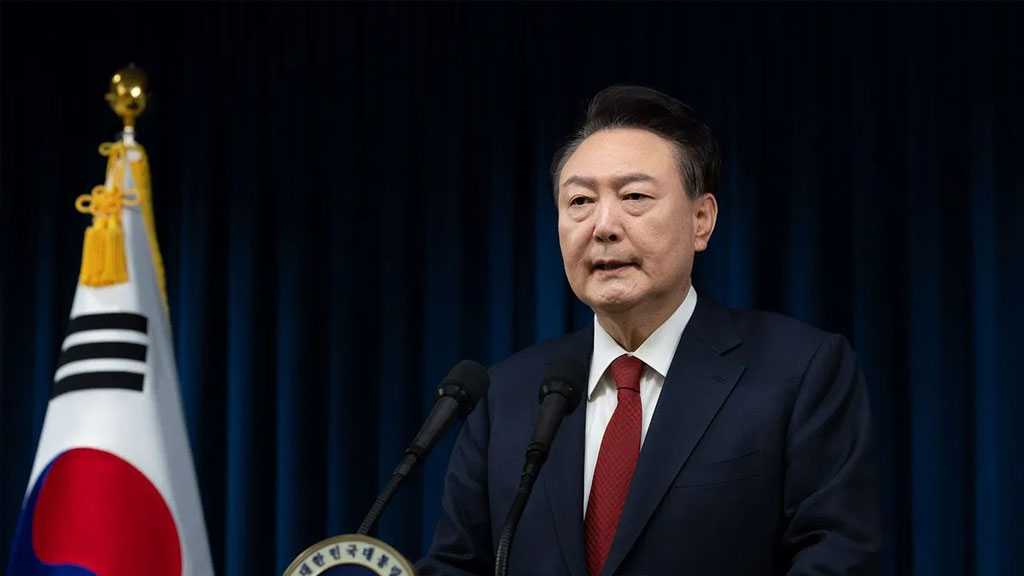Japanese PM Shinzo Abe Resigns over Worsening Health

By Staff, Agencies
Shinzo Abe, Japan’s longest-serving Prime Minister, said on Friday he was resigning because of poor health, ending a stint at the helm of the world’s third-biggest economy during which he sought to revive growth and bolster its defenses.
“I cannot be prime minister if I cannot make the best decisions for the people. I have decided to step down from my post,” Abe, 65, told a news conference.
Abe has battled the disease ulcerative colitis for years and two recent hospital visits within a week had fanned questions on whether he could stay in the job until the end of his term as ruling party leader, and hence, premier, in September 2021.
As news of the resignation spread, Japan’s benchmark Nikkei average fell 2.12% to 22,717.02, while the broader Topix shed 1.00% to 1,599.70. The selling wiped $4.7 billion off Tokyo’s $5.7 trillion stock market value, which had more than doubled during Abe’s tenure.
Most likely in two or three weeks - and the winner must be formally elected in parliament. The new party leader will hold the post for the rest of Abe’s term.
Whoever wins the party poll is likely to keep Abe’s reflationary “Abenomics” policies as Japan struggles with the impact of the novel coronavirus, but may have trouble emulating the political longevity that may be Abe’s biggest legacy.
“The broad picture remains intact. In terms of economic and fiscal policy, the focus remains very much on reflation,” said Jesper Koll, senior adviser to asset manager WisdomTree Investments, Reuters reported.
Abe resigned from his first stint as prime minister in 2007, citing ill-health after a year plagued by scandals in his cabinet and a huge election loss for his ruling party. He had since kept his illness in check with medicine that was not previously available.
Comments
- Related News




